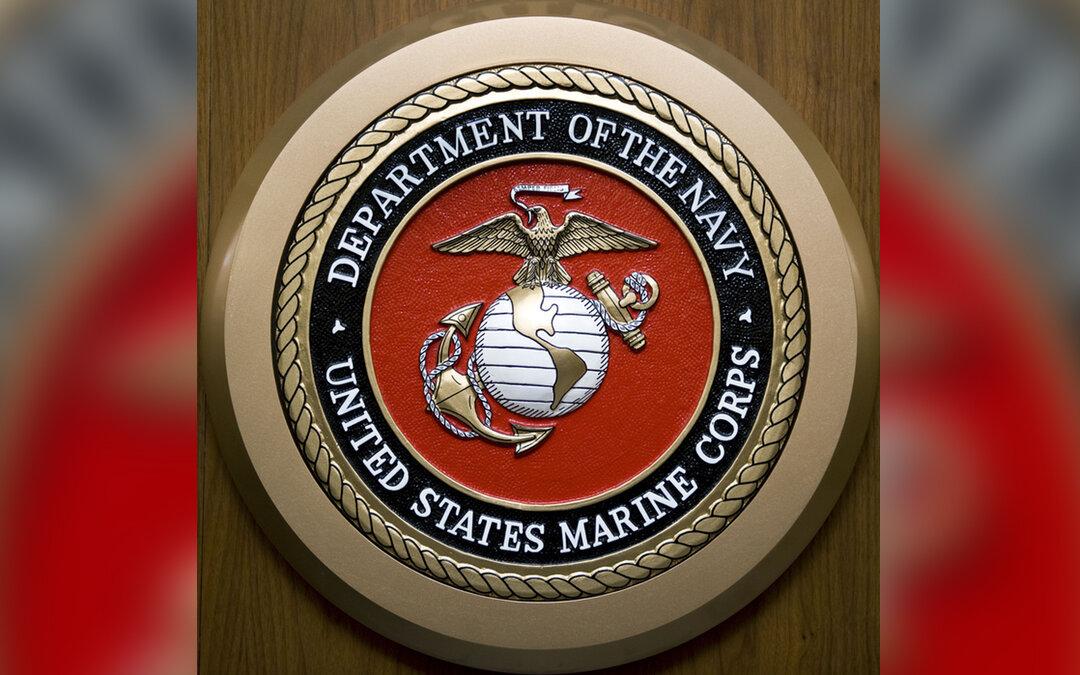The United States Marine Corps is without a senate-confirmed leader amid an impasse between the Department of Defense and Sen. Tommy Tuberville (R-Ala.) over military policies on abortion.
On Monday, Gen. David Berger relinquished his command as the commandant of the Marine Corps. Gen. Berger was replaced by Gen. Eric Smith, who is assuming the role of the Marine Corp’s Chief of Staff in an acting capacity while the Senate remains unable to confirm new military nominees.





